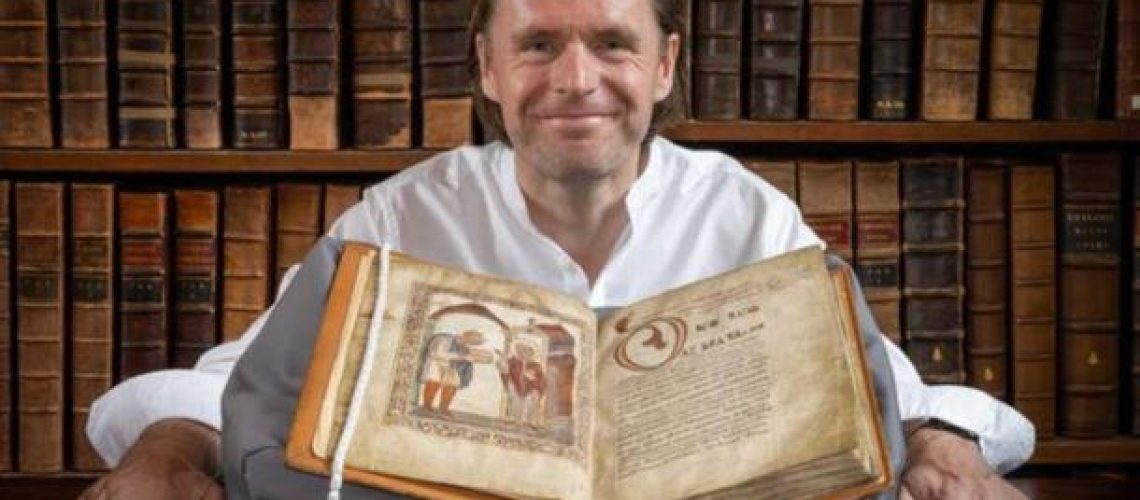
Clare Downham/The Conversation
The reign of Æthelstan (924 to 939) has excited a significant amount of study in recent years. In 2004 there was The Age of Athelstan, by Paul Hill. In 2011, Sarah Foot published Æthelstan: The First King of England, and in 2018, Tom Holland released Athelstan: The Making of England. A key theme in these books is the role of Æthelstan as unifier of the kingdom of England.
Æthelstan’s most famous battle, Brunanburh (937) was fought against a coalition of Vikings and Celtic-speaking peoples. Brunanburh was seen, perhaps erroneously, to secure the future of a unified England. As a historian of this period, I have argued that the “kings and battles” story of the past often cloaks the longer-term engines of political change.


